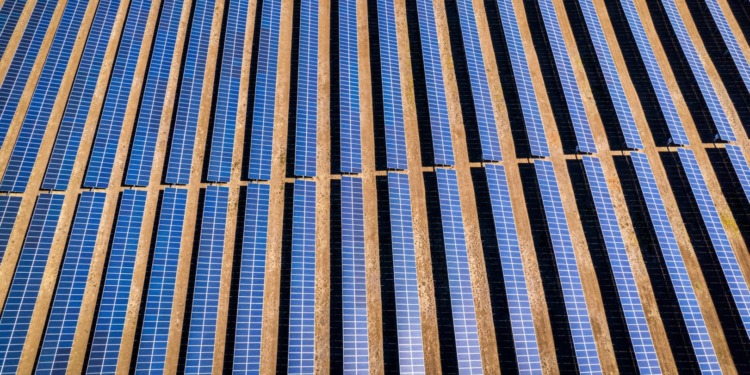In 2023, the European Union (EU) achieved a remarkable 8% reduction in carbon dioxide (CO2) emissions from fossil fuels, hitting “levels unseen since the early 1960s” according to new research by the Center for Research on Energy and Clean Air (CREA).
“In 2023, EU CO2 emissions have finally fallen back to levels apparent in my parents’ generation in the 60s. Yet, over this time period, the economy has tripled, showing that climate change can be combated without foregoing economic growth,” said CREA’s Europe-Russia Policy & Energy Analysis Team Lead, Isaac Levi.
“The 8% reduction in emissions should be celebrated but more must be done to wean the EU off fossil fuels, reduce reliance on petrostates such as Russia, whilst also leaving the world a better place for the next generation,” Levi added.
📣 🇪🇺 NEW REPORT: EU’s CO2 emissions drop 8%, to reach levels unseen since 1960s
📉 25% year-on-year reduction in CO2 emissions from power generation pic.twitter.com/EEmIE9ZWQw
— Centre for Research on Energy and Clean Air (@CREACleanAir) January 24, 2024
Clean Electricity Takes the Lead
As the CREA report reveals, 56% of the emissions cut can be attributed to a cleaner electricity mix. The continuous growth of solar and wind power, coupled with a “rebound in hydropower and nuclear availability,” has been pivotal in this achievement, the report finds.
A significant decrease in the Bloc’s demand for electricity also played an important role, accounting for 8% of the reduction in carbon dioxide emissions from fossil fuels. “Favourable” weather conditions, in other words a warmer winter, were to thank for 19% of the electricity demand reduction.
The remaining 36% of the reduction happened as a result of reductions in other areas, “primarily industry and transport,” according to CREA.
Less Coal, Less Fossil Gas
A significant milestone has been reached as coal consumption dipped below pre-pandemic levels.
While coal consumption in the EU increased in 2021 and 2022, CO2 emissions from coal have witnessed a remarkable 25% decline year-on-year, nearly halving since 2015 (-48%).
The report found fossil gas to also have “experienced a substantial decrease, with estimated emissions falling by approximately 11%.”
Related Articles: Europe on the Brink of a Clean Power Revolution | REPowerEU: The EU’s Plan to Rapidly Reduce Dependence on Russian Energy and Tackle the Climate Crisis | To Combat Global Warming, Carbon Emissions Disclosure To Be Required by Market Regulators | 4 Charts Explain Greenhouse Gas Emissions by Countries and Sectors | 5 Reasons the US Should Cut its GHG Emissions in Half by 2030
A Shift Away from Fossil Fuels: A Key to Sustained Growth
CREA underlines that the EU’s success in emission reduction is closely tied to its shift away from fossil fuels. While acknowledging the need to address immediate concerns about dependency on Russia, CREA insists on the importance of diversifying energy sources for sustained growth.
This commitment aligns with the EU’s climate objectives, ultimately contributing to a significant reduction in greenhouse gas emissions.
Hubert Thieriot, CREA’s Data Lead, cautiously celebrated the positive results, highlighting the unique convergence of factors in 2023:
“Though these are initial estimates, they bring a wave of hope. The EU has seen a significant reduction in CO2 emissions, primarily fueled by the advancement in low-carbon electricity sources. However, this decline also reflects a unique convergence of factors that may not recur in 2024, including a surge in hydropower availability, a warm winter and an economic slowdown. To meet its 2030 and 2050 targets, the EU must redouble its efforts and commitment towards electrification and development of low-carbon sources of energy.”
Editor’s Note: The opinions expressed here by the authors are their own, not those of Impakter.com — In the Featured Photo: Solar panels. Featured Photo Credit: Mark Stebnicki.










